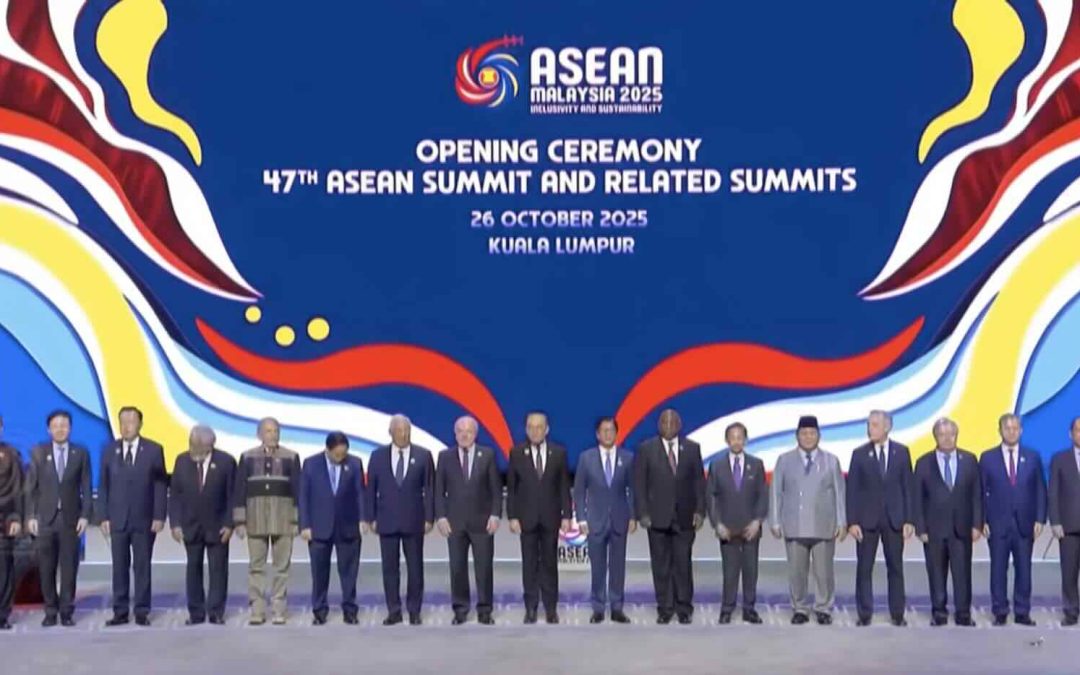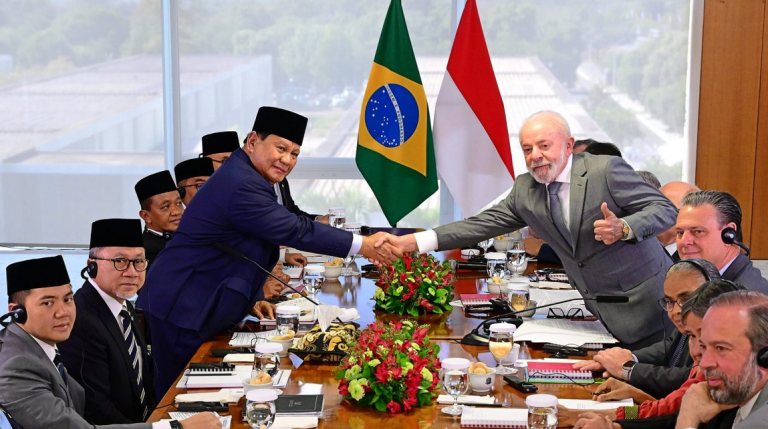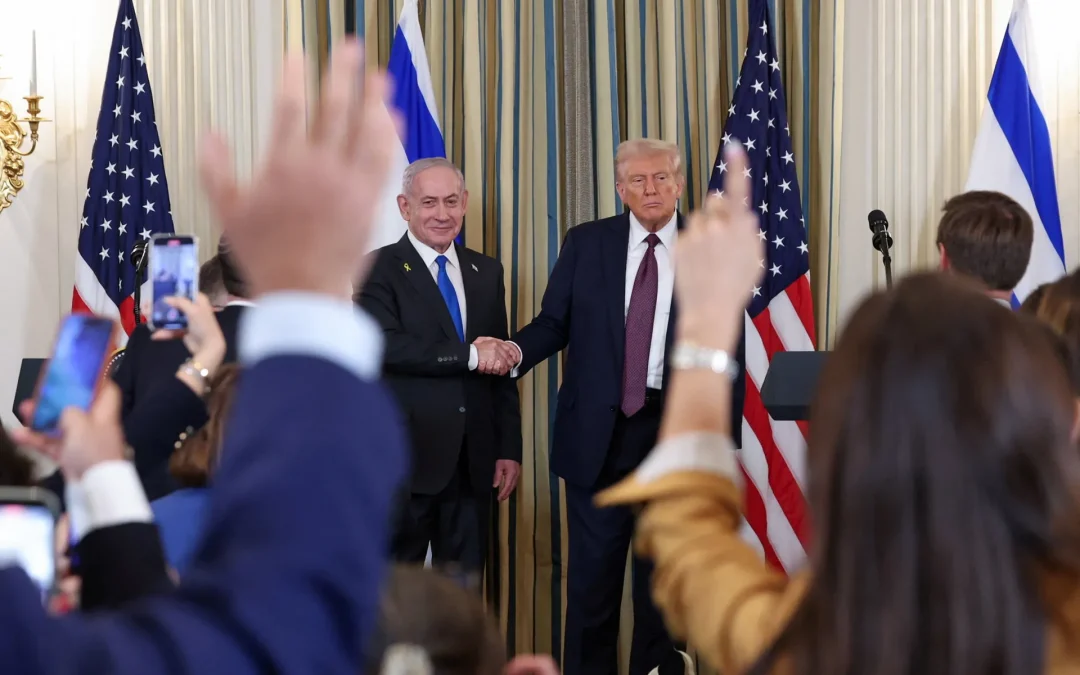The 25th annual Shanghai Cooperation Organization (SCO) summit in Tianjin took place at a time when global governance is at a crossroads. With more than 20 non-Western world leaders in attendance, the meeting underscored Beijing’s ambition to form an alternative security and economic architecture to Western dominance, especially amid global turbulence triggered by US trade policies, particularly the high tariffs imposed by President Donald Trump.
In his opening speech, Chinese President Xi Jinping warned that “the shadows of Cold War mentality and bullying have not dissipated, with new challenges mounting.” Xi asserted that the world is now in “a new phase of turbulence” and called for the establishment of a more just and balanced global governance framework. This statement was read as a veiled criticism of Washington’s unilateralism, while also affirming Beijing’s ambition to form an alternative global architecture.
India: China as an alternative to the US?
This summit marks Indian Prime Minister Narendra Modi’s first visit to China in seven years, after tensions between the two countries over the Ladakh border dispute, which was marked by clashes between soldiers from both countries in 2020. The warmth displayed by both leaders gives the impression that India and China want to present themselves as “partners, not rivals.”
However, in reality, the challenges accompanying the normalization of relations remain significant. India is still very cautious about the threat of a flood of cheap imported products from China that could harm its domestic industry, while the widening trade deficit puts New Delhi in an uncomfortable position. The close relationship between Beijing and Islamabad also remains a source of tension, especially since China often supports Pakistan militarily and intelligence-wise in its conflict with India.
Modi’s presence at this forum has dimensions that go far beyond bilateral issues with China. By appearing at a forum led by Russia and China, India reaffirms the multialignment strategy it has been pursuing: maintaining room for maneuver by fostering good relations with BRICS, but at the same time remaining able to negotiate with Western industrialized countries. In the context of rising tensions with Washington over Trump’s tariffs, Modi’s presence in Tianjin is a clear signal that India does not want to be dictated to and has other strategic options.
Xi–Modi–Putin Meeting: Symbol of Multipolarity
One of the most iconic moments of the Tianjin summit was when Xi Jinping, Narendra Modi, and Vladimir Putin were seen holding hands and laughing heartily. This simple gesture was laden with geopolitical significance, especially when Washington accused India and China of indirectly supporting Russia’s war economy in Ukraine.
For Beijing, this togetherness confirms that China is capable of offering a more consistent partnership alternative than Washington. Then for Moscow, the SCO is one of the rare international stages where Putin can appear confident, free from the diplomatic pressure he usually faces in Western forums. Meanwhile, for India, the camaraderie with Xi and Putin is a way to assert its strategic independence, showing that New Delhi still has room to maneuver outside the orbit of the United States.
Modi and Putin’s personal relationship was also on display for the public. Modi called Putin a “dear friend” and even rode in the Russian president’s armored Aurus car. This gesture reinforced the warmth of India-Russia relations, which have been rooted since the Cold War era, even though India has recently diversified its defense equipment suppliers to include the US, France, and Israel.
Economy, AI, and Infrastructure: The SCO’s Strategic Agenda
Beyond political symbolism, the SCO summit in Tianjin launched several concrete agendas. First, a joint declaration on artificial intelligence (AI) cooperation, which affirms the right of all countries to develop AI technology while emphasizing the need for joint regulation to reduce risks. Beijing promotes open-source AI models as “productivity infrastructure,” although the main challenge remains cross-border regulation.
Second, member states agreed to establish the SCO Development Bank, a move seen as an attempt to build an alternative global financial system that does not depend on the US dollar. Although its scale is not yet as large as the Asian Infrastructure Investment Bank (AIIB), this initiative still reflects Xi’s ambition as the architect of a new global economic order. Within this framework, Beijing has promised to provide 2 billion yuan in direct aid this year and 10 billion yuan in loans over the next three years to member countries.
Third, the SCO also inaugurated four new cooperation centers focusing on security, transnational crime prevention, information security, and drug trafficking eradication. A long-term development strategy for 2026–2035 was also announced, marking a new direction for the organization’s growth.
Global Implications: The SCO as a Counterweight in the Era of Trump’s Tariffs
Trump’s 50% tariffs on India, including penalties on oil imports from Russia, have created unrest in global markets. For India, this pressure poses the risk of weakening export competitiveness and worsening the current account deficit. However, India’s active involvement in the SCO and the strengthening of the Russia-India-China axis signal that New Delhi is building a strategic hedge against US pressure.
As market analyst Seema Shrivastava pointed out, “the SCO Summit may not directly undo Trump’s tariffs, but it is more than a diplomatic gathering. It marks a strategic pivot where India, China, and Russia show readiness to chart their own economic path.” Thus, Tianjin is not only a symbolic stage, but a real momentum for the Global South to strengthen its bargaining power in an increasingly multipolar international system.
Author: Nazwa
References:
Hagstrom, Anders. “India’s Modi Cozies up with Putin, Xi in Statement against Trump ‘Bullying.’” Fox News, September 1, 2025. https://www.foxnews.com/world/indias-modi-cozies-up-putin-xi-statement-against-trump-bullying.
Roche, Elizabeth. “India at the SCO Summit: One Platform, Multiple Messages.” Thediplomat.com. The Diplomat, September 2, 2025. https://thediplomat.com/2025/09/india-at-the-sco-summit-one-platform-multiple-messages/.
Sethi, Vaamanaa. “India-China-Russia: Can SCO Summit 2025 Brew Trump’s Tariffs?” livemint.com, September 1, 2025. https://www.livemint.com/market/stock-market-news/indiachinarussia-can-sco-summit-2025-brew-trumps-tariffs-11756621499382.html.







